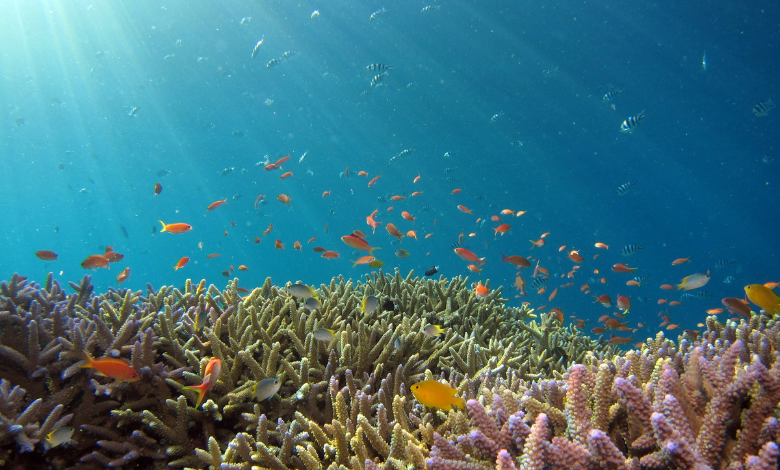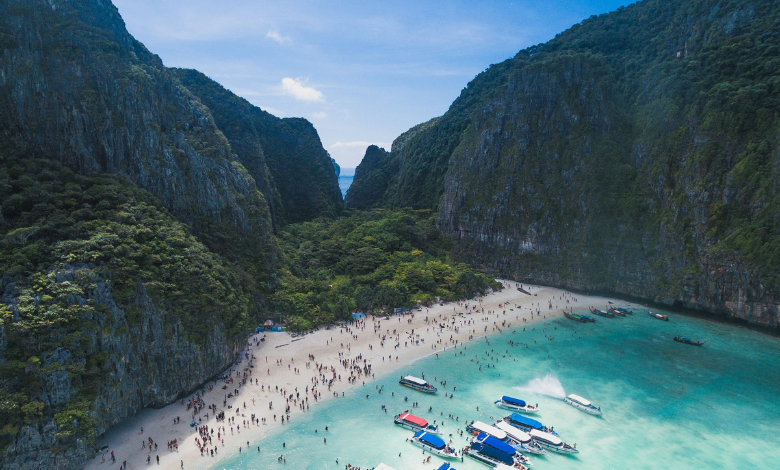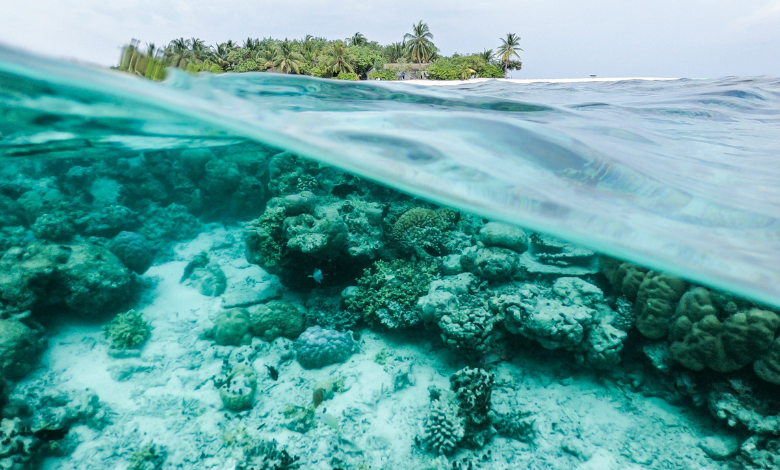Thai authorities close pristine Koh Pling island over mass coral bleaching

The climate crisis is no less than a menace. It has been intensifying storms and other natural disasters across the globe and elevating temperatures. It has become more important than ever to push global leaders to put more efforts and bring the chaos under control.
Thailand took major action to save its coral reefs in 2018. It closed the prominent Maya Bay, made popular by the movie ‘The Beach’, for four years in an effort to let the ecosystem recover. More than 80% of the corals around Maya Bay had been destroyed by that time.
The protected environment is open for visitors in 2024. Famous for its dramatic karst cliffs, fine sand and turquoise-hued bay, the iconic destination is focusing relatively more on its sustainability goals and improved visitor rules.

Thailand closes Koh Pling over coral deterioration
Maya Bay might have survived through the storm. But in recent days, a tourist-friendly islet off the coast of Phuket has been closed after authorities in the country discovered signs of extensive coral bleaching in its reefs. That is concerning.
Koh Pling, or Pling Island in English, is a beautiful tropical paradise prominent globally for its clear blue waters and lush greenery. Visitors often take leisurely walks along its sandy beaches or scuba dive and snorkel to take in its picturesque marine life.
But the Department of National Parks, Wildlife and Plant Conservation recently announced that Koh Pling and the coral reefs around Sirinat National Park would be temporarily closed due to mass coral bleaching. The authorities are also monitoring other national parks.
Brief insight into mass coral bleaching

Coral bleaching is not something rare these days. It occurs when stressed corals expel the algae living within them, a phenomenon usually triggered by higher-than-normal ocean temperatures and increased ultraviolet radiation.
Healthy coral reefs provide food and shelter for countless fish species. They also protect coastlines from erosion. Corals can recover from such mass bleaching events at a given time and when temperatures in the ocean return to normal levels.
By limiting human activity around its coral reefs, Thailand hopes that the algae populations will make a return and boost coral health. There is no doubt that the entire continent of Asia is heating up really fast, leading to increased casualties and economic losses from disasters.
Stay tuned for more on our ‘Sustainable Tourism‘ series.



